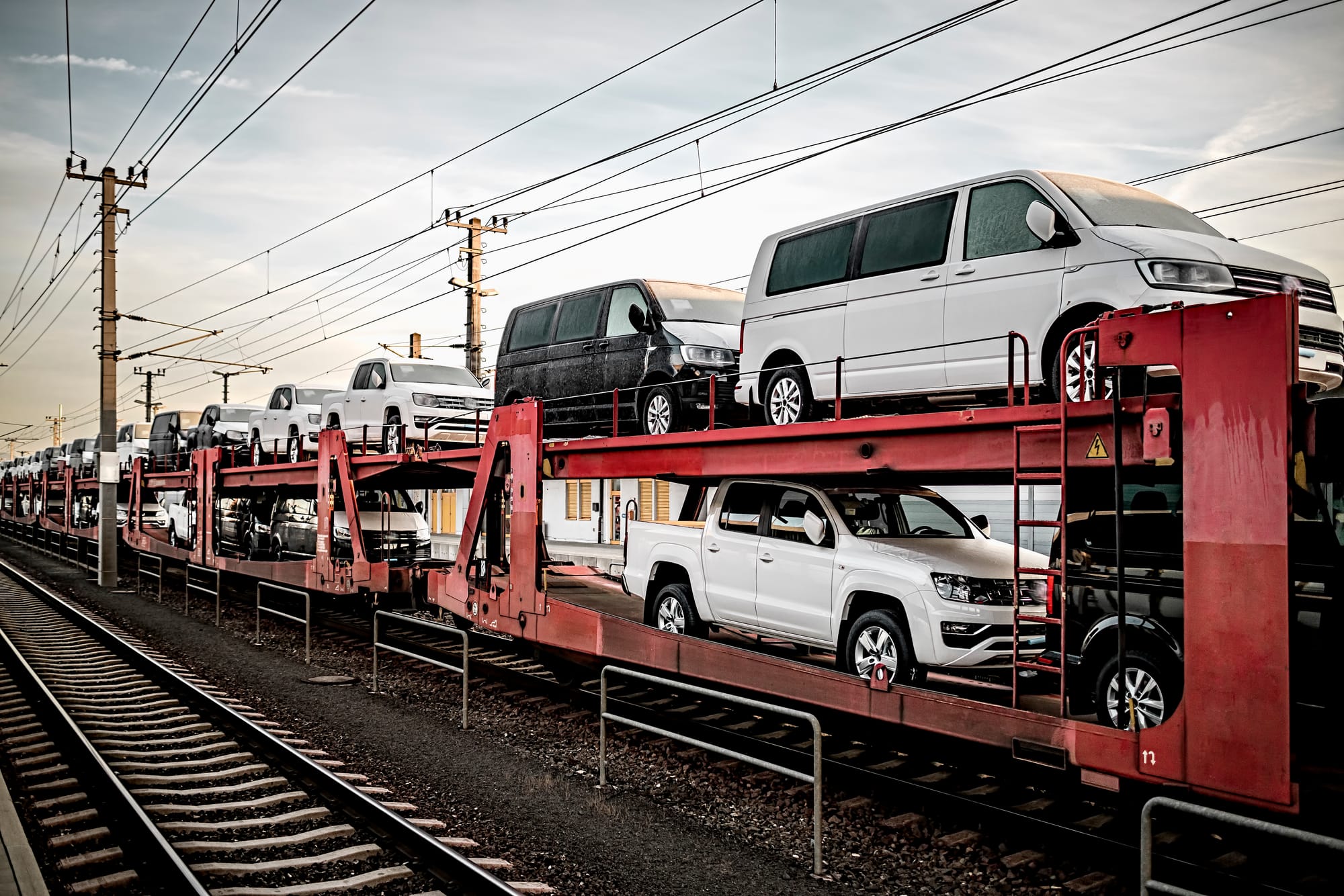Price Comparison: Auto Transport vs Auto Train

Auto Train:
- Cost Structure:
- Ticket Price: Passengers need to purchase a ticket for themselves, which includes a separate fee for their vehicle.
- Additional Fees: Depending on the auto train service, additional fees may apply for oversized vehicles or specific amenities.
- Perks: Some auto train services offer amenities like meals and sleeping accommodations, which may be factored into the overall cost.
- Pros and Cons:
- Pros: Convenience of traveling with your vehicle without driving long distances, potential savings on fuel and lodging costs if traveling overnight.
- Cons: Limited routes and schedules, availability may vary, and costs can be influenced by vehicle size and additional service options.
Traditional Car Transport (Auto Transport Companies):
- Cost Structure:
- Distance: Longer distances typically result in higher transport costs.
- Vehicle Type: Size, weight, and condition (operable vs. inoperable) of the vehicle impact the cost.
- Carrier Type: Open carriers are generally cheaper than enclosed carriers due to the level of protection provided.
- Pros and Cons:
- Pros: Flexibility in scheduling, availability across regions, and options for different levels of service (e.g., open vs. enclosed carriers).
- Cons: Requires coordination for pickup and delivery, potential for weather and road conditions affecting transport times.
Cost Comparison Factors:
- Auto Train: The overall cost includes both the passenger ticket and the vehicle fee. It can be competitive for those seeking to avoid long drives and traveling overnight.
- Traditional Car Transport: Costs vary based on distance, vehicle type, carrier type, and service specifics. Open carrier transport is generally more economical than enclosed transport.
Which Option Might Be Cheaper?
- For Short Distances: Auto train might be competitive, especially if you factor in the convenience of traveling with your vehicle without driving.
- For Long Distances: Traditional car transport via auto transport companies (especially using open carriers for operable vehicles) tends to be more cost-effective, considering the direct transport costs and flexibility.
Considerations:
- Convenience vs. Cost: Auto train offers convenience for passengers traveling with their vehicles, but costs can vary and may include additional fees.
- Flexibility and Options: Traditional car transport provides more flexibility in scheduling and carrier options, allowing for tailored services based on specific needs.
Before deciding, obtain quotes from both auto train services and auto transport companies to compare costs, services, and overall convenience. This comparison helps determine the most economical and suitable option for shipping your vehicle based on your travel plans and budget constraints.
Comments